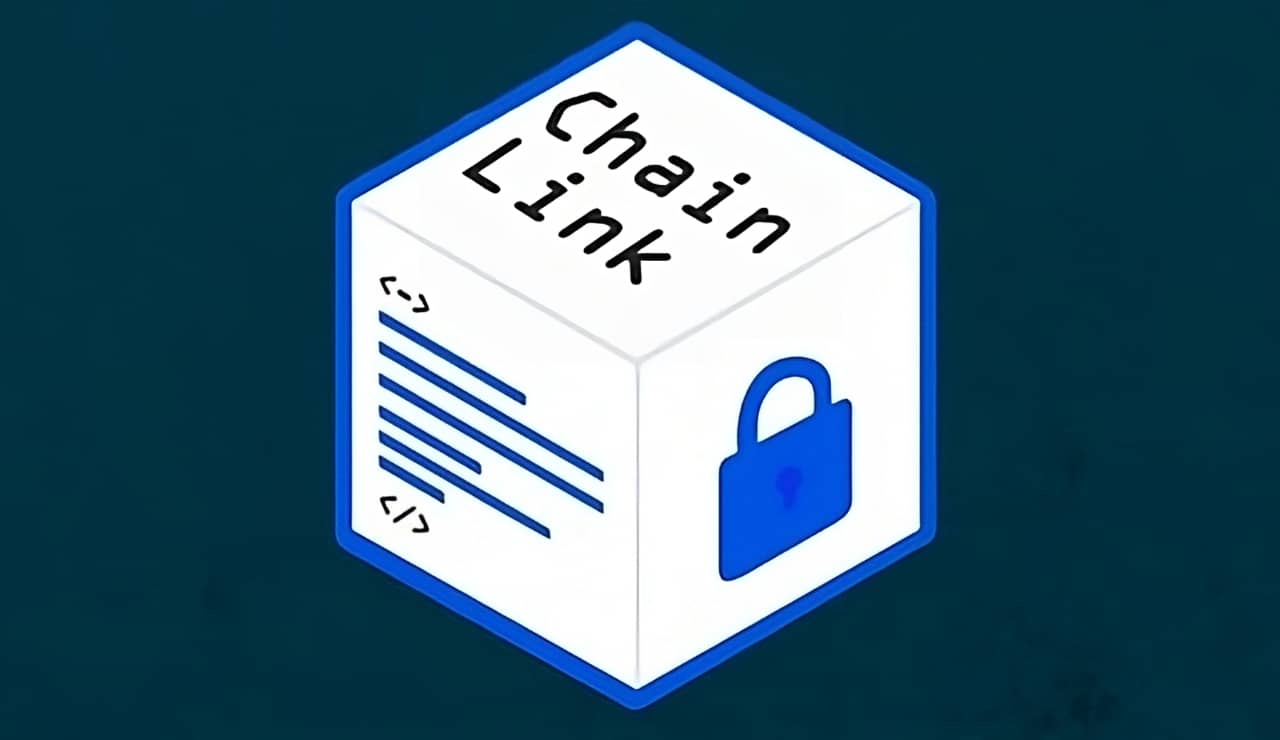
The new protocol will add some features that were present in Ethereum staking.
Chainlink’s New Staking System. The Decentralized Oracle network, Chainlink, is updating its staking system. It is moving towards its 0.2 version, intending to create a staking platform with LINK reserves, the native token of this protocol.
As explained by Chainlink in a statement, this is a redesign of the staking service v0.1. With v.02, Chainlink will offer greater flexibility for stakers and implements a new unlinking mechanism similar to Ethereum 2.0, penalizing malicious nodes. They will also provide “enhanced security guarantees” for Oracle services through stake reduction.
As part of the Chainlink Staking v0.2 activation, the platform asked users last October 19 to migrate their LINKs from the previous version to the new one. The same goes for the rewards accumulated on that token. It is only one week. The period ends next Thursday. After the migration, the platform will establish a two-day period where they’ll choose the token holders to stake up to 15,000 LINK. But as long as they “meet the eligibility requirements predefined” by Chainlink.
Among these requirements, it is essential to have been a holder of more than 7 LINK for more than one year, to participate in events organized by Chainlink, or to promote this decentralized network of oracles. All this depends on the category of the person interested in participating in the staking platform. After the election period, Chainlink will enable general access to the staking platform. Any user can stake up to 15,000 LINK if the group still needs to be completed.
What is Chainlink staking?
Although we talk about staking, in the case of Chainlink, it does not refer to the Proof of Stake (PoS) consensus algorithm used for transaction processing since this is not a cryptocurrency network. Chainlink is a network developed on Ethereum, where oracles collect data from external sources (such as stock prices) and transmit them to smart contracts. In this case, the system uses staking to secure that decentralized network and not to process trades.
Traders participating in Chainlink staking deposit a minimum amount of LINK to become network stakers. They are responsible for providing data that other traders then validate. For this information, stakers receive rewards in LINK.
LINK price on the rise
Following news of Chainlink Stake’s ongoing upgrade, the price of LINK, the platform’s native token, reacted to the upside.
According to data provided by CoinMarketCap, the US dollar price of LINK rose 28% in two days, after going from USD 7.5 per token last October 20 to USD 9.6 this Sunday morning, October 22. That the price of LINK is rising is good news for those staking on their network Chainlink. The underlying reason is the amount of tokens put into the order of the protocol security is valued, generating profit margins when withdrawing funds from the staking service. Also, the rewards received for staking are more valuable.
What is a blockchain oracle?
A blockchain oracle is a third-party service that provides external data to a blockchain network. A blockchain is a decentralized, immutable, transparent ledger that securely records transactions and stores data. However, blockchains cannot access data outside their network, making incorporating real-world data into blockchain applications challenging. Here’s where blockchain oracles come in.
Oracles act as intermediaries between a blockchain network and external data sources. They collect data from various sources, such as APIs, web pages, sensors, and other off-chain systems, and then transmit it to the blockchain network. Oracles ensure the integrity and accuracy of the data by using cryptographic proofs and consensus mechanisms.
Blockchain oracles enable the creation of smart contracts that execute automatically based on real-world events. For example, when an oracle verifies a shipment, you can automatically code a smart contract to release funds to a supplier. Another use case could be creating a decentralized prediction market. In it, users can bet on the outcome of real-world events, such as elections or sports events, with the help of oracles providing the relevant data.
However, oracles also pose security risks, relying on a centralized entity to provide data to a decentralized network. If the oracle is compromised, the entire blockchain network could be affected. Thus, it is essential to choose a reliable and secure Oracle provider. Implementing various security measures, such as data encryption and multiple oracles, is also critical to mitigate these risks.